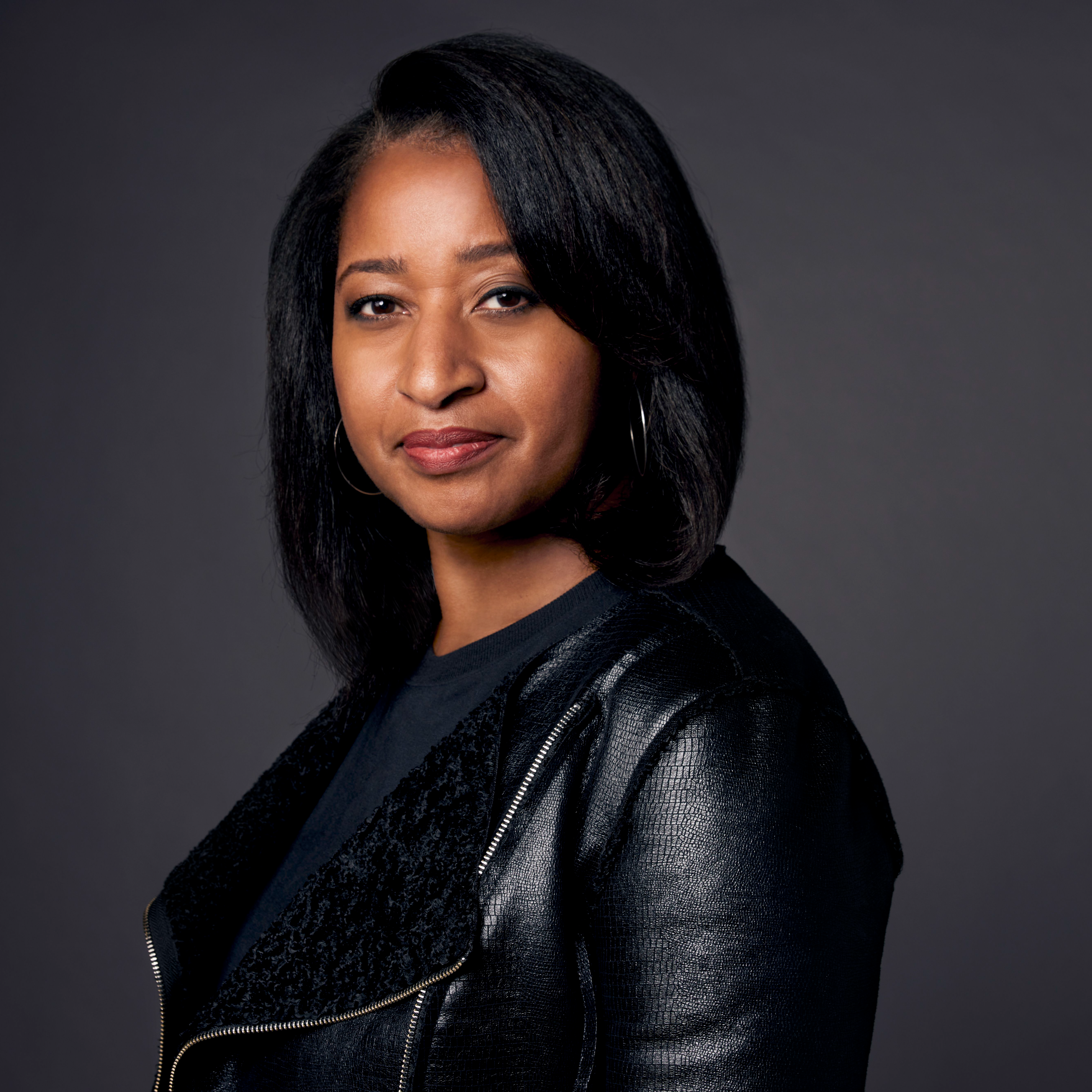RHONE: Self-care for Black women — brunches, Bluesky and deep breaths
On a recent afternoon, as I was sitting on the sofa with my daughter, she leaned in closer and looked at me with raised eyebrows and what felt like a question in her eyes.
“What is it?” I said, already worried about whatever was worrying her.
“You’re not breathing,” she said.
She was right. I was not breathing. She had been watching me, waiting for my chest to expand and my shoulders to rise and fall as they do when a human actually breathes.
But it seems I had been holding my breath long before she gave me a reason to hold my breath in anticipation of her telling me that I was holding it.
How was I even alive?
I need to learn how to breathe again.
Like many Black women, I have pledged to rest more this year — to learn the value of saying no, to limit my contacts to people who share my values and my respect for humanity, and to avoid engagement with people who are intent on telling lies as truths or offering diatribes instead of dialogue.
But getting from theory to practice is challenging. I have become so unaccustomed to resting that I am unsure how to begin.
What does it mean when Black women say they are resting for the next four years?
I recently learned that on Jan. 18 at 10 a.m. while thousands of people attend the People’s March in Washington, D.C., another movement is underway encouraging Black women to go to brunch instead.
The 92% brunch has made the rounds on social media as a plan for Black (and Jewish) women nationwide to skip the protesting and marching and instead gather with their chosen community for a celebration of self.
Lists are already circulating of Black-owned brunch locations in cities where Black women have expressed an interest in participating in this national effort to make good on all those vows to avoid overextending themselves without reciprocity.
It feels like an unofficial kickoff for the self-care journey so many of us have said we seek for the foreseeable future.
But just going to brunch isn’t going to help me breathe.
And as of last week, it doesn’t seem as if social media will be a reliable space to search for additional insight on how to relax.
On Tuesday, founder Mark Zuckerberg announced that Meta platforms would end almost a decade of third-party fact-checking while also loosening restrictions that would prevent various forms of trash speech. Zuckerberg said he made the decision to protect free speech, even if that speech happens to be filled with vitriol and falsehoods.
One of my more politically outspoken Facebook friends announced she would be deleting her Facebook account and moving her commentary to Bluesky, a platform that gives users more control over content.
“We deserve better than having to spend most of our time on social media straining to separate facts from lies,” she said.
I admire her conviction and understand the value of a digital detox in protecting one’s sanity. But while I have joined Bluesky, my ties to Meta platforms can’t be severed as easily since most of my social media accounts are also tied to work.
Maybe I should just start spending more time on Bluesky than on those other platforms. Or at least spend less than my current daily average of 4 hours on social media.
One friend said she was planning to rest by no longer code-switching. It is exhausting to always conform to one set of social norms, particularly when the expectation of conformity only flows in one direction.
My friend shared this strategy with me on Jan. 6, the day Vice President Kamala Harris certified the election results in Congress. This time around, the tone was dramatically different from four years ago when rioters stormed the Capitol amid false allegations of a stolen election.
Harris said it should be the norm that one of the most important pillars of our democracy would have “a peaceful transfer of power.” In an interview with Politico reporters, Sen. Lisa Blunt Rochester (D-Del), the first Black woman to serve terms in both chambers of Congress, praised Harris for her composure.
Harris was in the unique position of certifying her loss to an opponent who had refused to do the same four years ago and who had spent the last election cycle hurling racialized and sexualized attacks in her direction.
“She did that with so much grace, so much dignity, so much poise, so much backbone — it was a feeling of pride watching her,” Blunt Rochester said.
But always turning the other cheek and going high when they go low brings exactly the kind of exhaustion that some Black women are seeking to escape. For my friend, letting go of the need to always behave in ways deemed socially acceptable by others is an act of rest and resistance.
I still haven’t figured out exactly how to embrace my resting era.
More brunches, less social media and more authentic interactions all feel like good ways to start the process. But ultimately, I just want to breathe again.
Read more on the Real Life blog (www.ajc.com/opinion/real-life-blog/) and find Nedra on Facebook (www.facebook.com/AJCRealLifeColumn) and X (@nrhoneajc) or email her at nedra.rhone@ajc.com.



